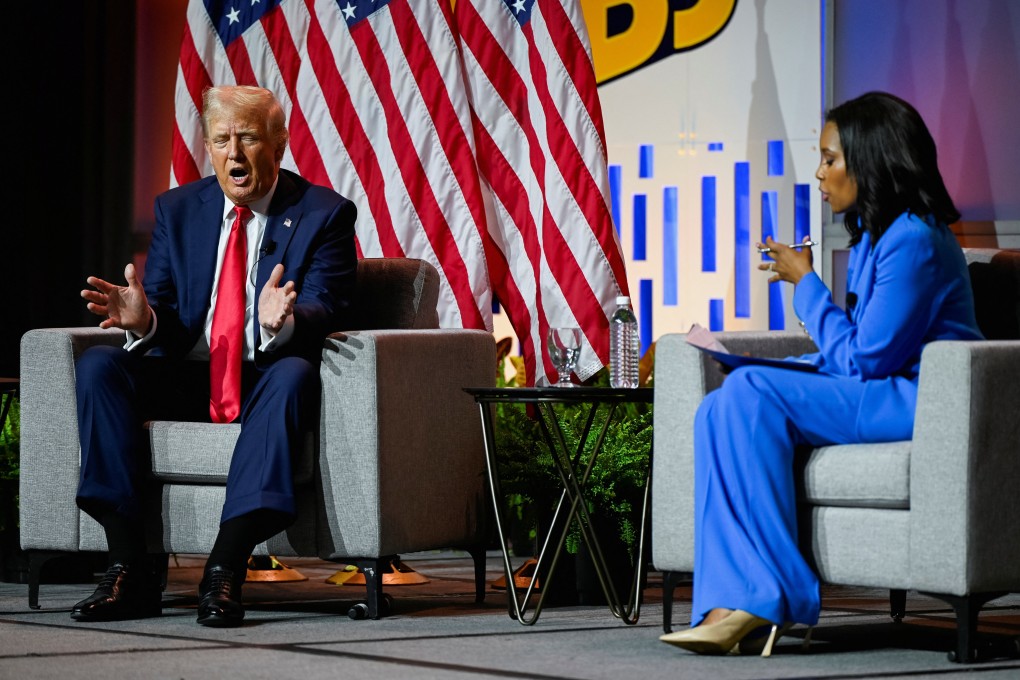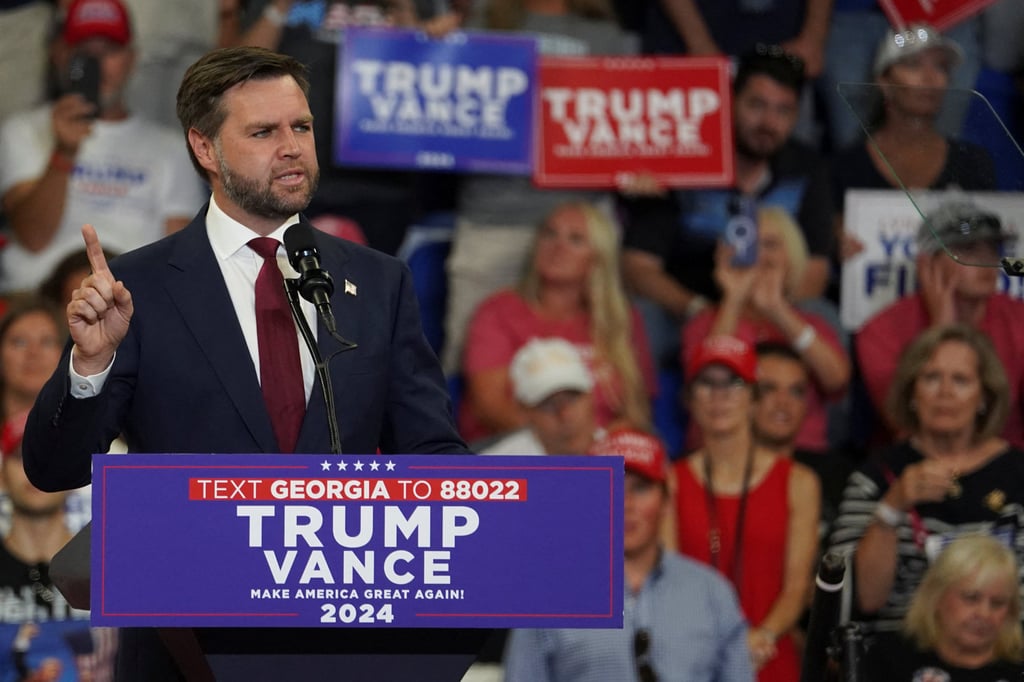Advertisement
On Balance | No room for foreign policy in a US election marred by personal attacks
- As Kamala Harris erases Trump’s former lead in polls, the Republican obsession with her identity isn’t doing them any favours with voters
Reading Time:3 minutes
Why you can trust SCMP
2

America has been through a year’s worth of presidential election drama in the past several weeks. The rest of the world, where Washington’s foreign policy has consequences, must also hold its collective breath. With no ability to cast a vote, non-Americans can do little else.
Advertisement
Let’s do a quick review before we look at where things are headed because, if we’ve learned anything amid the intrigue, it’s that the US election season is infested with black swans and red herrings, each one of which could produce an entirely new dynamic.
With his disastrous debate performance on June 27, US President Joe Biden put his Republican opponent Donald Trump on a glide path to the White House. The assassination attempt against Trump more than two weeks later, and Biden’s determination to stay in the race, had left Democrats reeling.
Biden eventually caved after pressure from his party, and handed the reins to vice-president Kamala Harris, who unexpectedly erased Trump’s lead in the polls with her flash transformation from a hidden figure behind Biden to a deft political tactician. She seemed to know that, for anyone outside Trump’s base, his attack strategy of demeaning insults was wearing thin. She refused to fire back on the same level.
Trump could have met Harris on the high road by using the tragedy of his brush with death at the hands of a 20-year-old gun fetishist to reinvent himself as someone capable of reaching a wider audience. The message of unity that we were told Trump would deliver at the Republican National Convention eventually devolved into his usual shtick of personal insults.
Advertisement
And then his interview at the National Association of Black Journalists produced an entire news cycle built around his assertion that Harris only began identifying as black recently, when he could have been talking up some arguably valid points about how his administration directed funds to historically black colleges and universities or how African-American unemployment decreased under his presidency.


Advertisement
